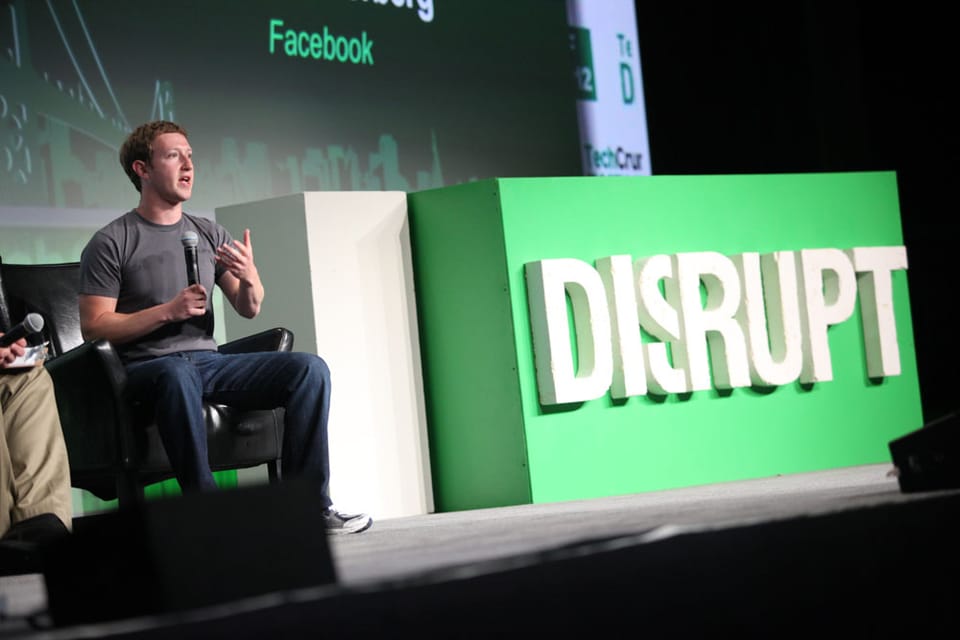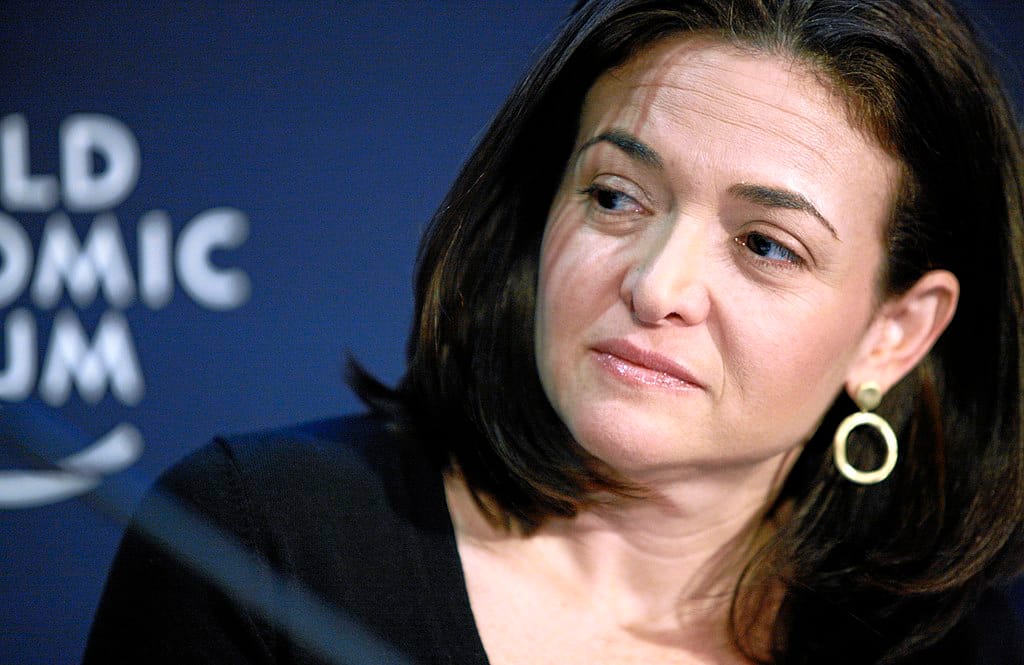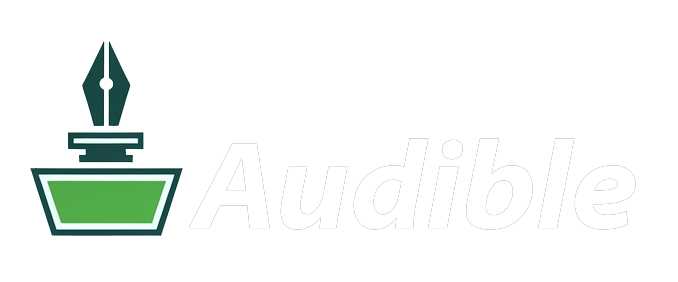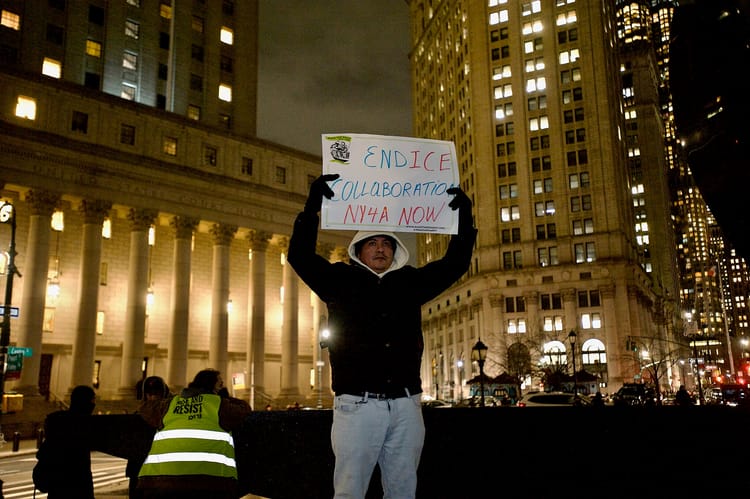Lessons From Careless People and Facebook's Moral Collapse

Over the last 15 years, Facebook (now Meta) and its Founder, Chairman and CEO Mark Zuckerberg have been called to testify before the U.S. Senate more than any other CEO heading one of the U.S. technology giants.
Zuckerberg's appearances in front of Congress, started well before the Cambridge Analytica scandal broke publicly in 2018 and continue to this day.
Careless People: A Cautionary Tale of Power, Greed, and Lost Idealism ('Careless People'), a memoir by Sarah Wynn-Williams, former director of global public policy at Facebook, brings us inside executive meeting rooms where we've never been until now.
How close does she take us?
Wynn-Williams gives readers the chance to see how Zuckerberg's coached through talking points to evade Congress. Those preparing Zuckerberg to testify are well aware of the knowledge gaps between U.S. Senators and engineers/technologists.
Zuckerberg's willing to speak the truth, if a Senator is capable of asking the exceptionally specific questions needed to get at the truth.
Since President Donald Trump's first groundbreaking campaign and The Great Hack, a documentary which attempted to explain how the hell it all happened – the world now knows the power of Meta.
On July 5, 2011, the first day of a seven-year journey for Wynn-Williams at the social media behemoth, even the top executives and leaders didn't fully grasp the platform's power to manipulate people by sowing fear, doubt, and uncertainty.
The Pecking Order: Engineers at the Top
It doesn't take Wynn-Williams long to realize there's a hierarchy inside Facebook. The engineers at the top of the pyramid and down below everyone else. This divide has been baked into the culture of most tech companies.
Zuckerberg supports it. He's one of the blue bloods.
His calendar included morning time blocks for him to code and build. Out of the gate in her then new role as the manager of global public policy, she detects his utter disregard for politics.
She's expected to do her then poorly defined role well and avoid bothering him and the engineers working on building out their product roadmaps with mundane stuff like politics and policy.
The initiatives where she's dedicated happen on Sheryl Sandberg's side of the house. In the areas carved out for "lesser mortals" as Wynn-Williams puts it.
A year after joining, around summer 2012, Facebook's stunning rise and growth stalls. They've conquered the U.S. market and spectacular future growth depends on navigating and mastering foreign markets.
Suddenly, Wynn-Williams talents matter to Zuckerberg and Sandberg.

Power, Pressure, and the Price of Obedience
In March 2013, Lean In was released and struck a chord with women in leadership roles as well as those on the fast track. The book elevated Sandberg from Chief Operating Officer (COO) to celebrity.
Sandberg became the quintessential brand ambassador for Facebook. She made appearances on The Oprah Winfrey Show and everyplace that mattered in 2013.
In tandem with showing us the polished and public Sandberg, Wynn-Williams exposes us to her ferocious temper, and much more.
She characterizes her as comfortable berating and humiliating her team and staff inside Facebook. Wynn-Williams discloses enough to place her solidly in the crosshairs for a likely defamation lawsuit from Sandberg in the near future.
Throughout her memoir, Wynn-Williams shares stories many professionals have also experienced in their own careers.
The clash between the never ending push for growth and expansion beating against the breaking down of your personal boundaries and ethics.
Twice she describes serious health difficulties she battled during two pregnancies. Yet, she's compelled by flimsy boundaries and coerced by external pressures to get her duties done at all costs.
As readers we head into the hospital with her as intense contractions have her bedridden. Despite that, somehow she finds the strength to pull out her laptop to work feverishly on talking points Sandberg needs for a meeting with the president of Brazil at Davos and the World Economic Forum.
Wynn-Williams even understands how absurd her behavior looks to her boyfriend Tom, who pleads with her to rest and her gynecologist.
But she also knows Sandberg won't understand why the talking points weren't sent.

The Moment Zuckerberg Realized Facebook Could Influence Democracy
Careless People hits its crescendo when we're brought on a ten-hour flight with Wynn-Williams to Lima, Peru. She's listening attentively to Elliott Schrage, her bosses boss. The former VP of global communications, marketing, and public policy as he explains to Zuckerberg all the ways Facebook played a central role in the election of Donald Trump in 2016.
Facebook's staff was embedded with Trump's campaign team according to Wynn-Williams. They hunkered down in San Antonio with Brad Parscale, a brilliant digital consultant and political advisor to Trump.
Parscale's army of data scientist, campaign programmers, ad copywriters, media buyers, and network engineers cracked the code.
They poured over Facebook profiles for 220 million people (that would include you), charted online and offline behavior, including credit card and shopping histories, examined voter registration, campaign donations, and more. Before executing their strategy flawlessly.
Zuckerberg who started the debate from a position of this didn't happen and wasn't possible, finished their hours long conversation in awe of how effectively his platform was used to shape the elections outcome.
The private discussion with Schrage on a private jet to Lima, undoubtedly reshaped his views on how much power he wielded through Facebook.
The Three Lessons Meta Taught Us About Power
We are duty-bound to extract some lessons from the seeds of chaos sown by Meta and the other dominant social media platforms of the 2010s.
Lesson #1: Politicians lack the domain knowledge needed to reign in tech.
Zuckerberg has testified repeatedly to the U.S. Senate on a host of issues over the years. He's rehearsed and prepared for every question they could throw his way.
He responds with precision and never deviates from his script. While they hear him, they simply lack the domain knowledge required to comprehend his direct responses in real-time and ask the pinpoint questions needed in order to uncover the truth.
Lesson #2: More regulations won't create more accountability for tech giants.
The General Data Protection Regulation (GDPR) which was adopted by the European Union (EU) in April 2016 and became legally binding May 25, 2018, remains the biggest law passed related to privacy and data usage.
In truth, GDPR doesn't do much to discourage social harms or hold Meta and other social media giants accountable for social harms.
The accountability needed happens when you hold individuals accountable for their actions and the negative impacts to society resulting from those actions.
Software engineers include some of the most talented professionals on the planet. The software and tools they create impact every aspect of our lives.
Meta has billions of active users across the globe. So, can somebody please explain why, software engineers currently have:
- No governing body (inside the U.S. or elsewhere)
- No ethical requirements
- No licensing requirements
Now, compare that to mechanical engineers, electrical engineers, and civil and structural engineers who are subject to all the above.
Lesson #3: Well-meaning employees can't reform the system from within.
Wynn-Williams was taught the lesson of many past do-gooders. You can't turn greedy, power-hungry savages into meek doves with idealism and good intentions.
She lacked the positional power in a room filled with top-level executives to achieve anything more than being heard.
Power and greed are addictive. Powerful people also tend to surround themselves with loyalists, not challengers.
Ultimately, Wynn-Williams lost her job before regaining her senses. After leaving, she turned whistleblower and testified before the Senate.
Why Careless People is a Must-Read for Parents
Careless People is a must read for parents. It will scare the bejesus out of you. While your kids aren't thinking about Facebook today, they beg for Instagram the moment a smartphone reaches their sweaty palms.
My own daughter created an entire slide deck to the make the case at 12.
Zuckerberg hasn't loosened his grip over his empire in the slightest since the departure of Wynn-Williams. Be careful about allowing your kids on social platforms.
Another great read before caving to your kids request for a smartphone would be The Anxious Generation, by Jonathan Haidt.
I am part of the affiliate program with Bookshop.org. If you decide this book is a must have for you, the link below will allow you to purchase Careless People: A Cautionary Tale of Power, Greed, and Lost Idealism. Same thing with The Anxious Generation. I may earn a commission at no extra charge to you.









Member discussion